When it comes to the industrial sector, having the right industrial computer for the job is crucial to maintaining a productive facility. That’s why at Tangent, we thoroughly examine every possible role that our high performance industrial computers can play in a facility and design them accordingly. At Tangent, we examine industry trends and needs […]
Category: Industrial Pc
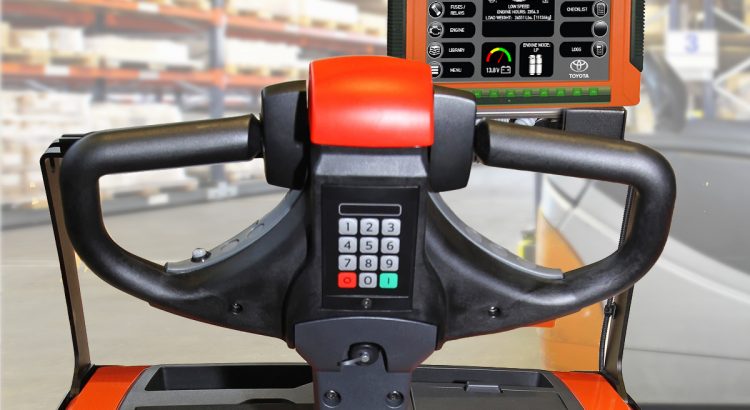
Electric Vehicle Usage On The Rise
The use of electric cars is quickly becoming commonplace around the globe, with the adoption of such vehicles being seen in nearly every industrialized country. In 2018 alone, the amount of electric vehicles in use nearly doubled from the previous year to 5.1 million according to the International Energy Agency, an autonomous intergovernmental organization. […]
Fanless Industrial PCs For Every Sector
Industrial PCs have come a long way since their original implementation, and the rise of the internet has made these Industrial PCs both invaluable and necessary tools for every industrial sector. In a time where productivity is falling in the factory setting, the concerted use of industrial PCs to create smart factories is proving to […]
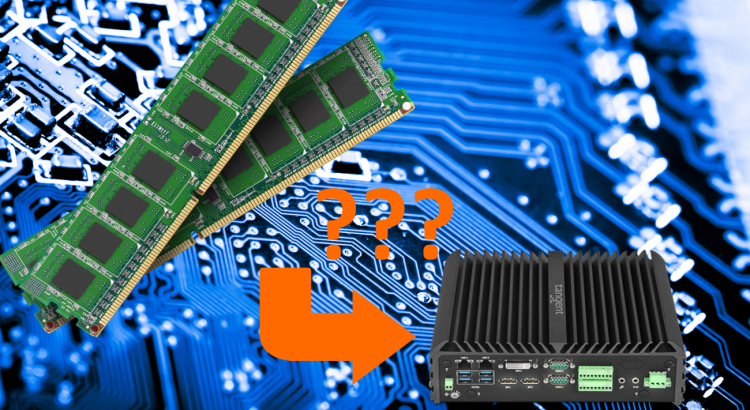
How Much RAM Do I Need in My Industrial PC?
When shopping for new industrial PCs, there are many important factors to consider. CPU age and clock speed, hard drive space, and availability of I/O ports are all crucial considerations to make when deciding on the equipment that will keep your facility running in the years to come. But one critical, and usually overlooked, aspect […]

How Can Stress Be Reduced In The Industrial Workplace? Industrial Grade PCs May Hold The Key.
Stress impacts us in a variety of different ways. From our relationships with others to our quality of sleep, stress limits our ability to function at our prime. When workers bring stress into the job site, it can lead to a drastic increase in accidents in the workplace. According to Dr. David Spiegel, a medical […]
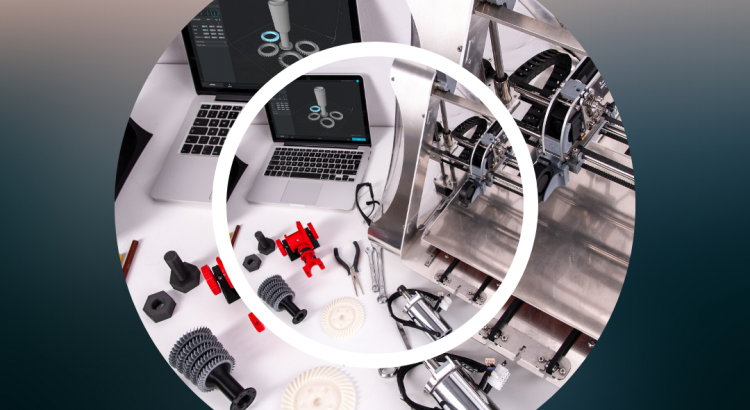
Will Automation Take Over Manufacturing?
It’s a both awe-inspiring, and terrifying prospect: a fully automated factory. While there are debates surrounding the use of such facilities, a fully automated facility is still some time away. Scott Anderson, director of Amazon Robotics Fulfillment recently said in an interview with Reuters that the technology needed to automate an entire Amazon facility was […]
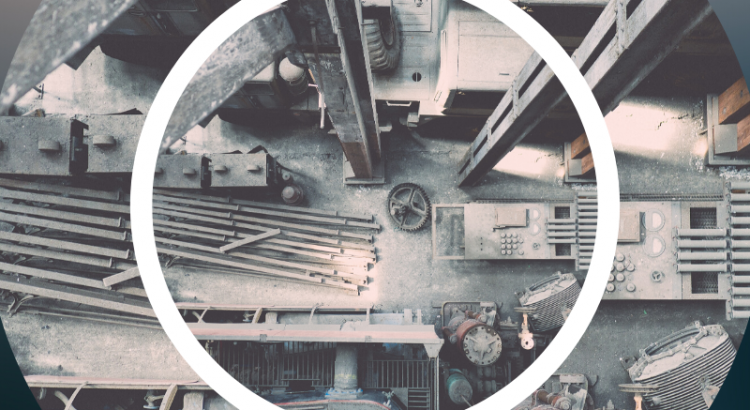
Maintain Your Legacy Equipment Longer With Industrial Grade Computers
It’s a big world out there, full of not only people — but competition. Each and every day, technology is advancing in all fields, with industrial fields being no exception. While it may be nice to think that one can always stay at the forefront of industrial technology, doing so would be extremely cost-prohibitive. That’s […]
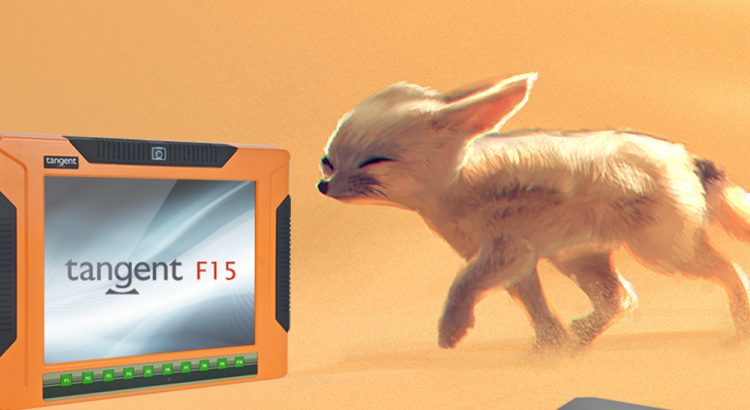
Industrial PCs For Desert Use
There’s one environment that is seemingly designed to destroy computers from the inside out. Scorching heat that prevents CPUs from cooling down, kicked up sand that threatens to short circuit motherboards, and a cascading environment that can change in the blink of an eye. If you haven’t guessed it by now, I’m referring to the […]
